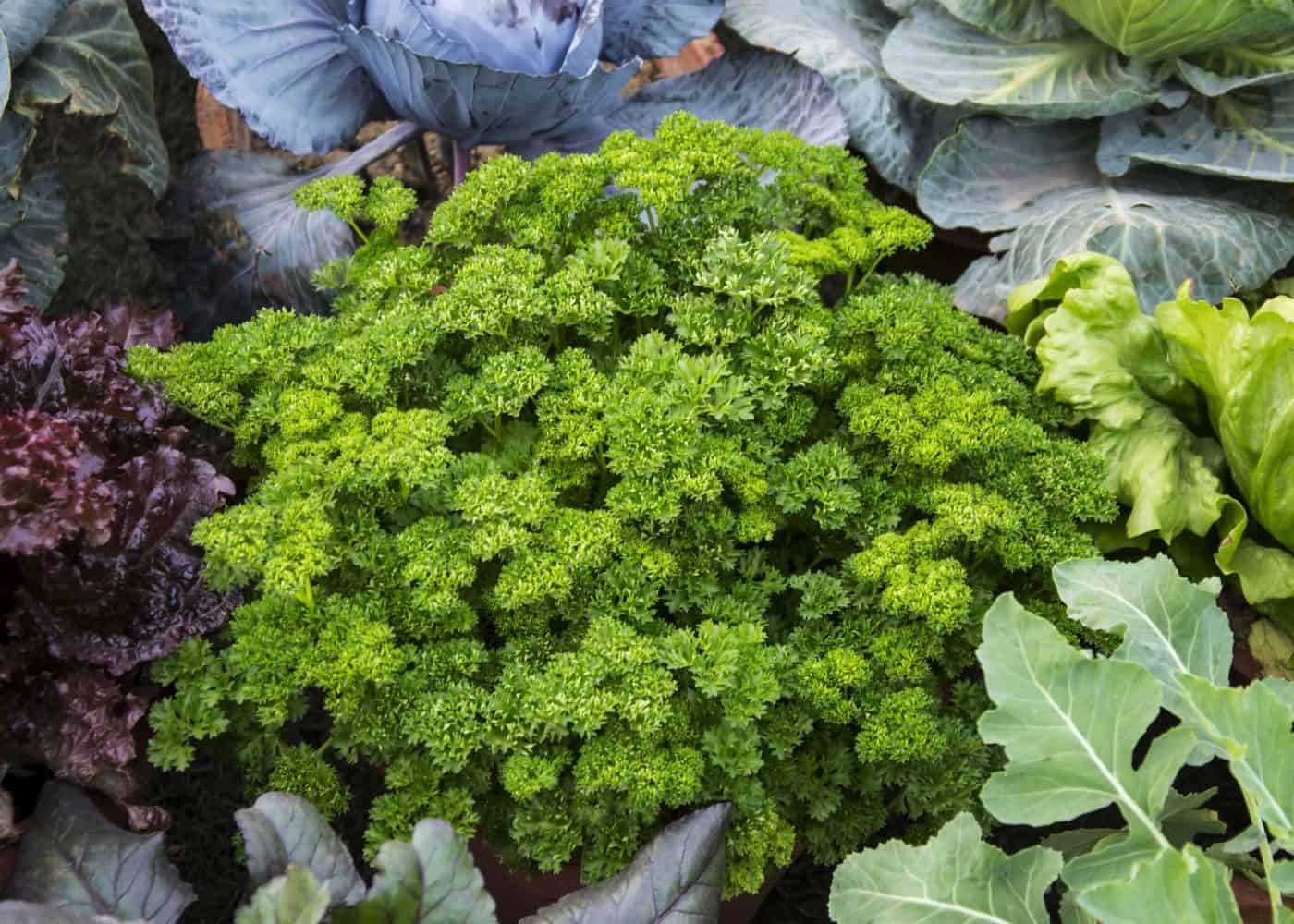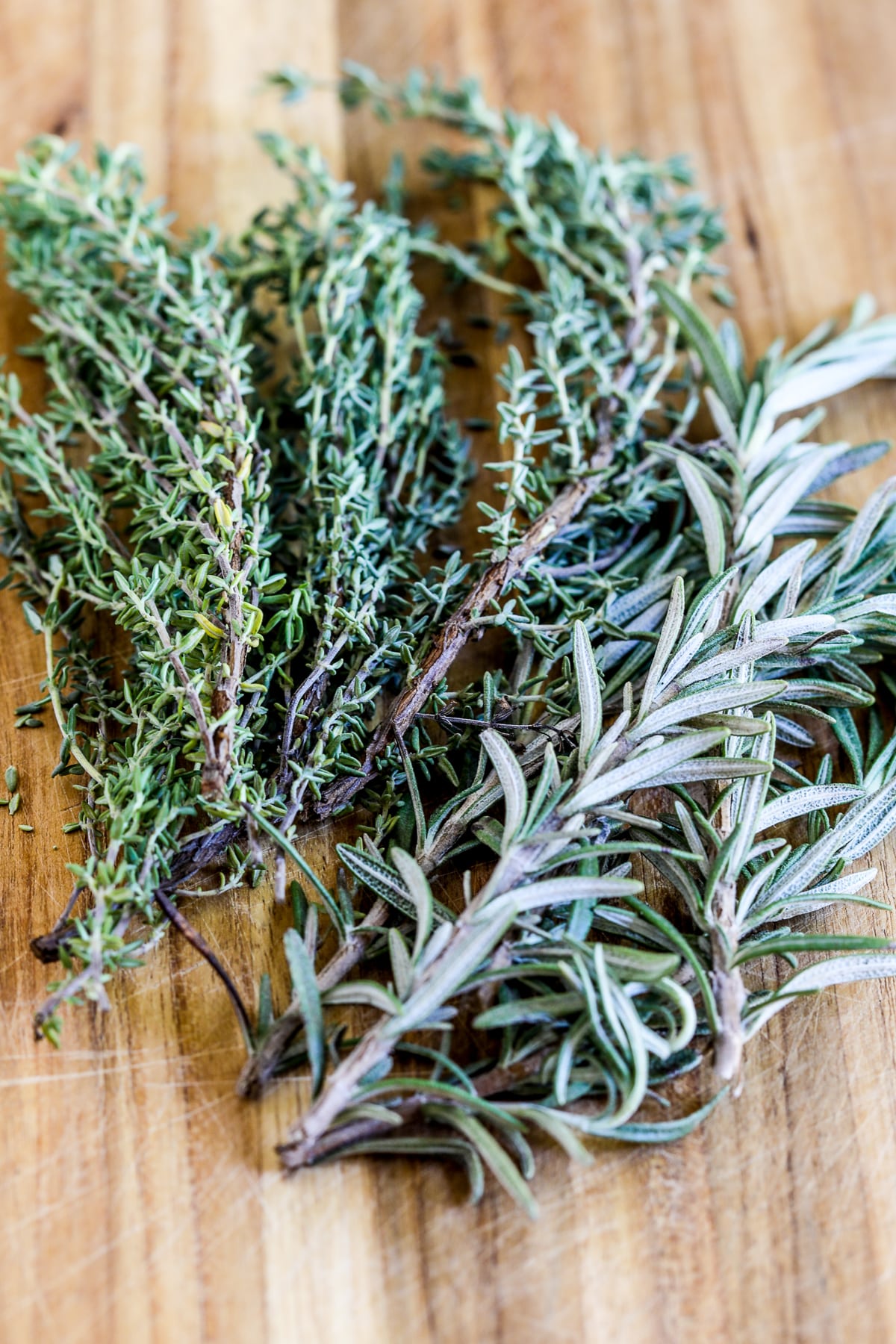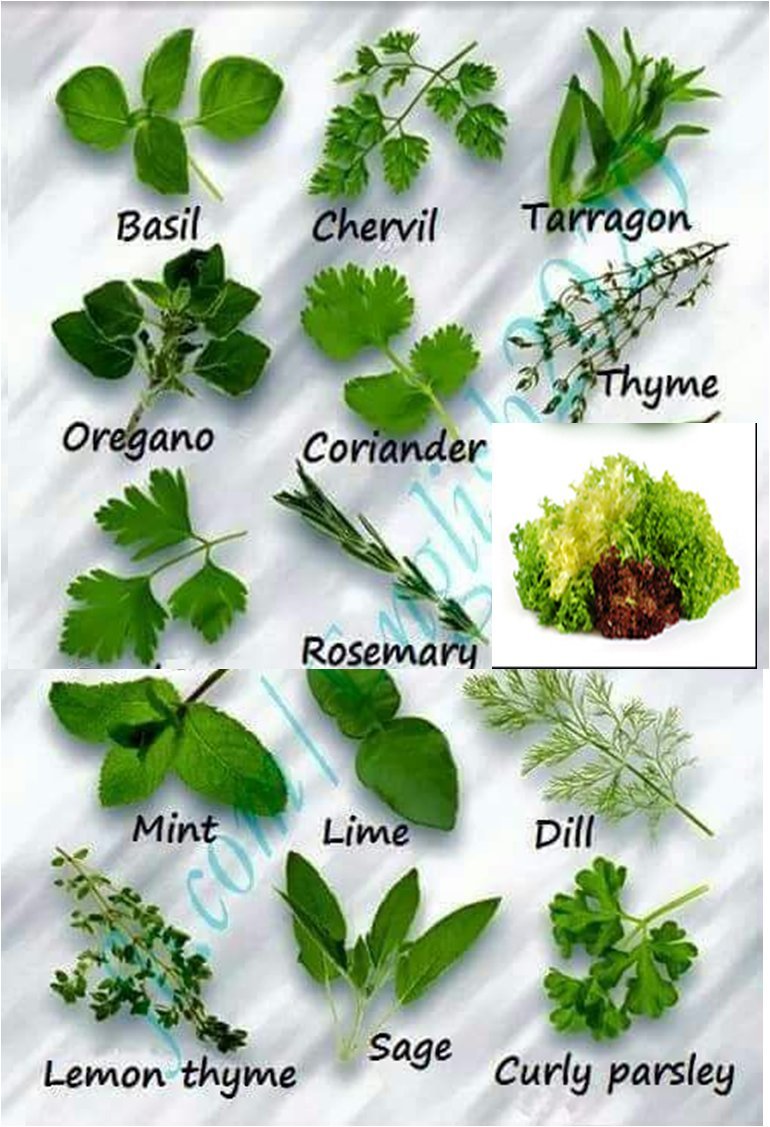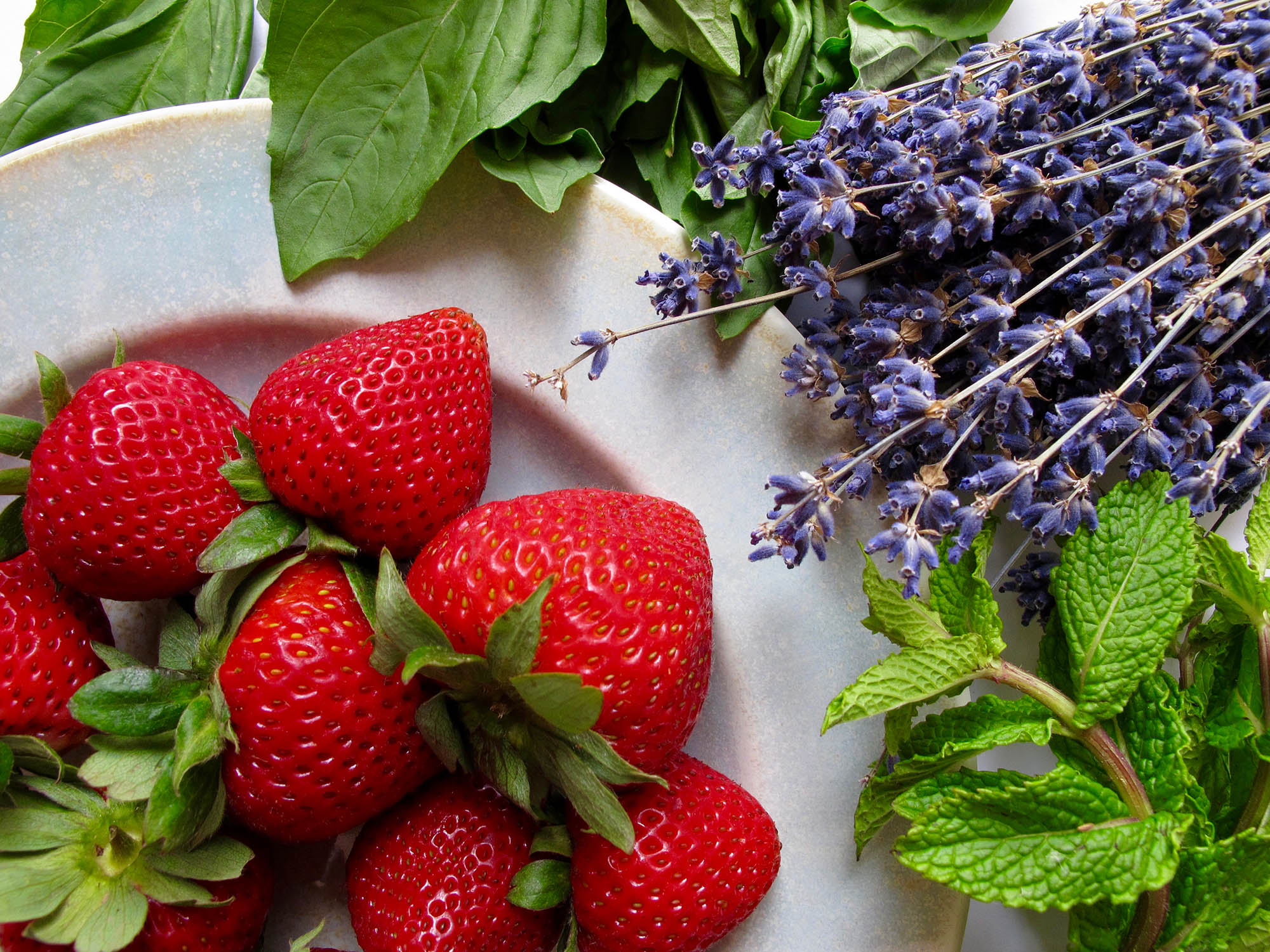Herbs That Love To Grow Together
Herbs That Love to Grow Together
Growing herbs is a great way to add fresh flavor to your meals, and it can also be a fun and rewarding hobby. But did you know that some herbs actually grow better together than others? Companion planting is the practice of planting different types of plants together in a way that benefits them both. When it comes to herbs, there are a number of different pairings that can work well.
In this blog post, we will discuss some of the best herbs to plant together. We will also provide some tips on how to create a successful companion planting herb garden.
Benefits of Companion Planting
There are a number of benefits to companion planting herbs. First, it can help to deter pests and diseases. Certain herbs release chemicals that can repel insects and other pests, which can help to protect your other plants. For example, basil is known to repel mosquitoes, while rosemary can help to keep away cabbage moths.
Second, companion planting can help to improve the health of your plants. Some herbs can actually improve the soil quality, making it more nutrient-rich and draining better. For example, mint is a great companion plant for tomatoes, as it helps to improve the soil's drainage and aeration.
Third, companion planting can help to increase yields. When different herbs are planted together, they can often cross-pollinate, which can lead to larger and more abundant harvests. For example, basil and tomatoes are a great companion planting pair, as they both benefit from cross-pollination.
Herbs That Grow Well Together
Now that we know some of the benefits of companion planting, let's take a look at some of the best herbs to plant together.
- Basil and tomatoes: Basil is a classic companion plant for tomatoes. It helps to repel pests, improve the soil's drainage, and increase yields.
- Chives and roses: Chives help to repel aphids, spider mites, and other pests that can damage roses. They also help to improve the soil's drainage.

- Cilantro and carrots: Cilantro helps to repel carrot flies, which can damage carrot roots. It also helps to improve the soil's nitrogen content.

- Lavender and beans: Lavender helps to repel aphids, beetles, and other pests that can damage beans. It also helps to improve the soil's drainage.
- Mint and strawberries: Mint helps to repel slugs and snails, which can damage strawberries. It also helps to improve the soil's moisture content.
- Oregano and peppers: Oregano helps to repel whiteflies, aphids, and other pests that can damage peppers. It also helps to improve the soil's drainage.

- Parsley and lettuce: Parsley helps to repel pests, improve the soil's nitrogen content, and increase yields. It also makes a great companion plant for lettuce, as it helps to deter slugs and snails.

- Rosemary and thyme: Rosemary and thyme are both Mediterranean herbs that share similar growing conditions. They also help to deter pests and improve the soil's drainage.

Tips for Companion Planting Herbs
When companion planting herbs, there are a few things to keep in mind. First, make sure to choose herbs that have similar growing conditions. For example, if you are planting herbs in full sun, you will want to choose herbs that also prefer full sun.
Second, consider the size of the herbs when you are planting them together. Some herbs, such as mint, can be very invasive and take over a garden if they are not contained. If you are planting mint, it is best to grow it in a pot or a separate bed.
Finally, experiment and have fun! There are no hard and fast rules when it comes to companion planting herbs. The best way to find out what works for you is to try different combinations and see what you like best.
Conclusion
Companion planting herbs is a great way to add beauty, flavor, and nutrition to your garden. By planting different herbs together, you can help to deter pests, improve the health of your plants, and increase yields. So get out there and start companion planting!
Herbs that plant well together
When planting herbs, it's important to consider which ones will grow well together. Some herbs have similar needs for sunlight, water, and soil, while others can compete with each other for resources. By planting compatible herbs together, you can create a thriving herb garden that requires less maintenance.
Here are a few examples of herbs that plant well together:
- Basil and oregano are both Mediterranean herbs that enjoy full sun and well-drained soil. They can be planted together in a pot or in the ground. Gardenia Inspiration
- Chives and parsley are both hardy herbs that can tolerate a variety of conditions. They can be planted together in a pot or in the ground, and they will help to deter pests from your other plants.
- Thyme and rosemary are both evergreen herbs that can add a touch of fragrance to your garden. They can be planted together in a pot or in the ground, and they will thrive in full sun.
For more information about which herbs plant well together, visit Gardenia Inspiration. This website has a comprehensive list of herbs and their compatibility with other plants. You can also find tips on how to plant and care for your herbs, as well as recipes for using them in the kitchen.
FAQ of herbs that plant well together
null
Image of herbs that plant well together
- Basil, tarragon, and oregano: These Mediterranean herbs tend to pair well due to similar growing requirements, and planting oregano alongside basil and tarragon may help prevent pests.

- Lemon verbena, dill, and cilantro: These herbs all have different scents and flavors, which can create a complex and interesting blend. Lemon verbena is also said to repel mosquitoes, which is a plus for any gardener.

- Lavender, rosemary, and thyme: These herbs are all drought-tolerant and can thrive in hot, dry climates. They also have a pleasant fragrance that can make your garden smell amazing.

- Parsley, sage, and chives: These herbs are all commonly used in cooking, so planting them together can save you space in your garden. They also have similar growing requirements, so they should be easy to care for.

- Mint, basil, and strawberries: This is a fun and unusual combination that can add some color and interest to your garden. Mint is a fast-growing herb, so it's important to plant it in a pot or contained area so it doesn't take over your garden.

Post a Comment for " Herbs That Love To Grow Together"